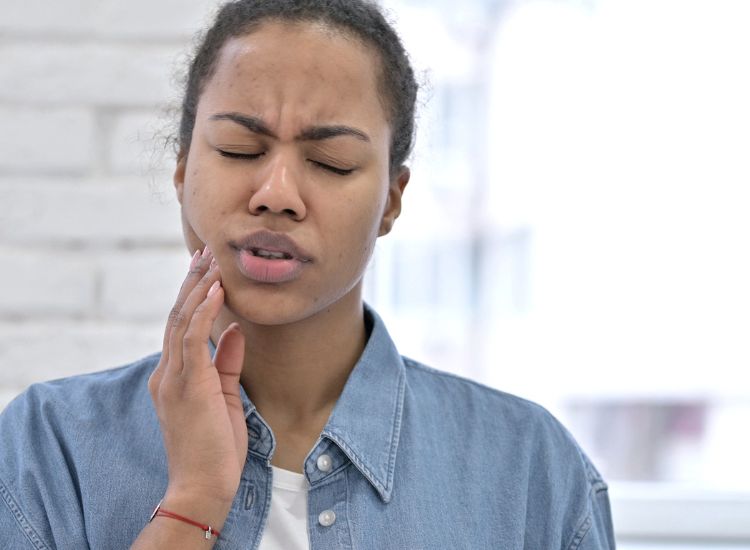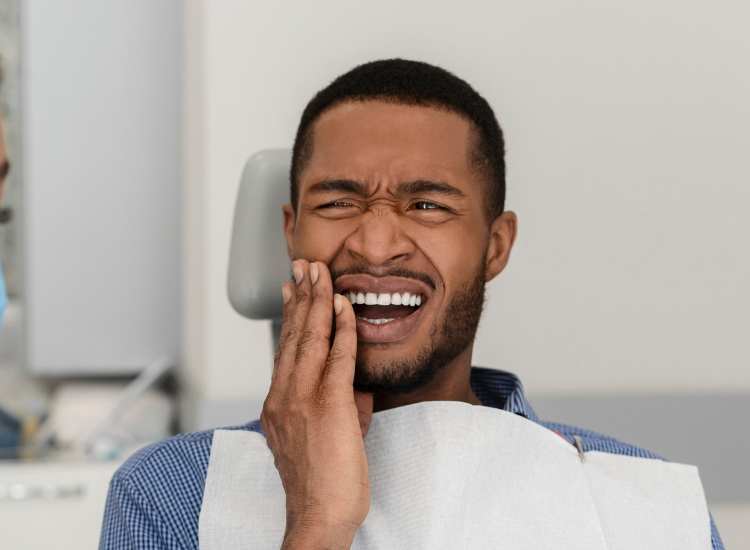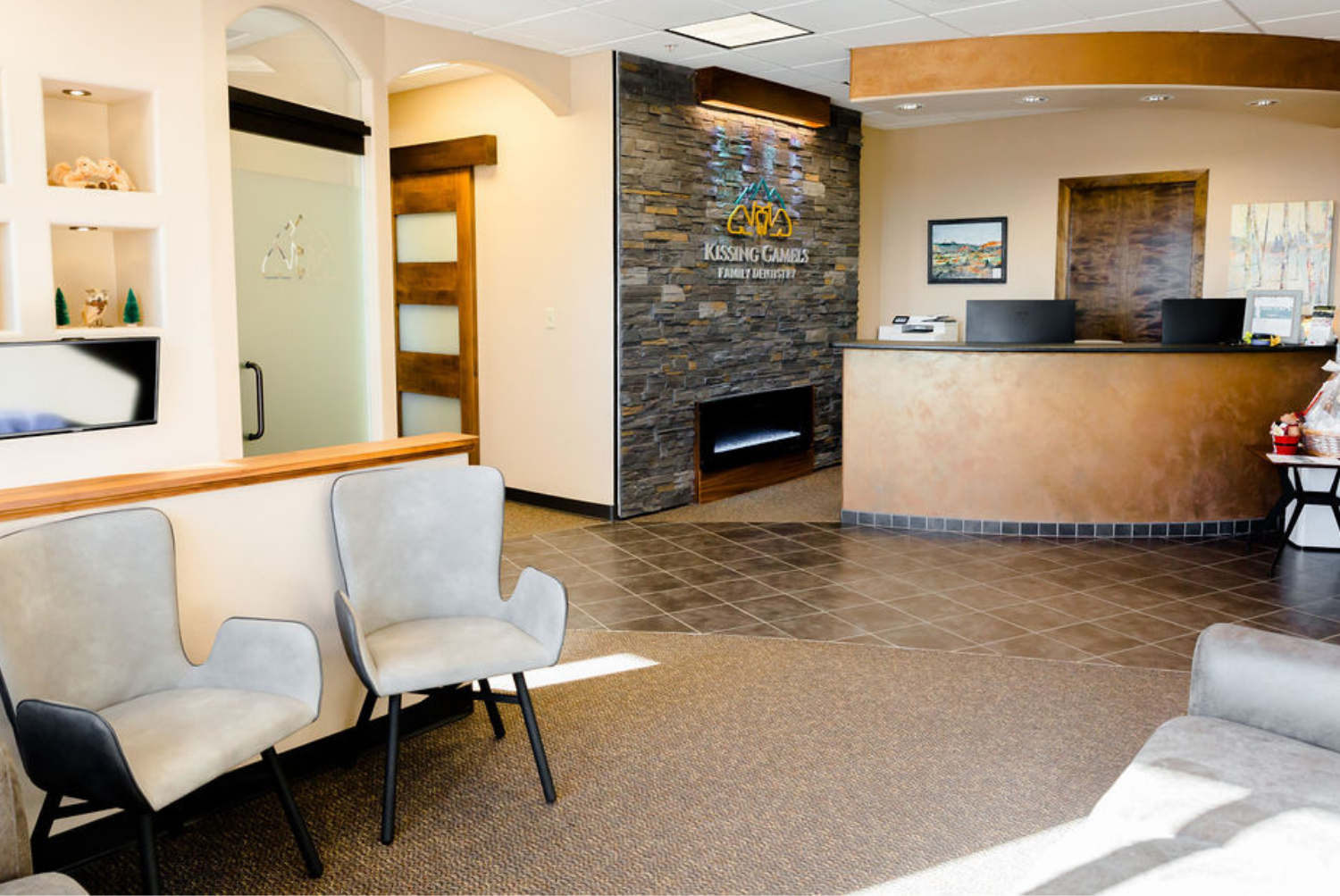When You Need Emergency Dental Care
Urgent Dental Solutions: Recognizing When Emergency Dental Care is Necessary in Colorado Springs
Dental emergencies can strike unexpectedly, causing pain, discomfort, and anxiety. Knowing when to seek urgent dental care is crucial for preserving your oral health and well-being. If you’re in Colorado Springs, CO, and experiencing a dental emergency, trust Kissing Camels Family Dentistry to provide prompt and effective solutions. We’ll explore common dental emergencies, recognize warning signs, and highlight the importance of seeking care from the best dentist in Colorado Springs.
Identifying Dental Emergencies
Severe Tooth Pain
Persistent or severe tooth pain can indicate various dental issues, including infections, decay, or dental trauma. If you’re experiencing intense discomfort that affects your daily activities or sleep, it’s essential to seek immediate dental attention. Our team at Kissing Camels Family Dentistry is equipped to diagnose and treat the underlying cause of your tooth pain, restoring your comfort and oral health.
Broken or Knocked-Out Teeth
Accidents or injuries can result in broken or knocked-out teeth, causing significant pain and aesthetic concerns. If you’ve sustained dental trauma, it’s crucial to act quickly. Try to locate any broken tooth fragments or the knocked-out tooth and handle them carefully by the crown (top part) without touching the root. Rinse the tooth gently with water if it’s dirty, and place it back into its socket if possible. If reinsertion isn’t feasible, keep the tooth moist by placing it in milk or saliva and seek emergency dental care immediately.
Lost Dental Restorations
Losing a filling, crown, or dental bridge can expose the underlying tooth structure, leading to sensitivity and vulnerability to further damage. While losing a restoration may not always cause immediate pain, it’s essential to address the issue promptly to prevent complications. Contact Kissing Camels Family Dentistry for emergency dental care, and our skilled team will repair or replace your lost restoration to restore both function and aesthetics.
Dental Abscess or Infection
A dental abscess is a painful and potentially serious condition characterized by swelling, pus formation, and fever. It occurs when a bacterial infection affects the tooth root or surrounding gum tissue. Ignoring a dental abscess can lead to complications such as spread of infection, bone loss, and systemic health issues. If you suspect you have a dental abscess, don’t delay treatment. Contact our office immediately for evaluation and appropriate management.
Seeking Emergency Dental Care
At Kissing Camels Family Dentistry, we understand the urgency of dental emergencies and prioritize prompt care for our patients. When you encounter a dental emergency in Colorado Springs, you can rely on us to provide compassionate and effective solutions. Our experienced team utilizes advanced techniques and state-of-the-art technology to address your dental needs efficiently, ensuring your comfort and satisfaction.
Preventing Dental Emergencies
While some dental emergencies are unavoidable, there are steps you can take to reduce your risk:
- Maintain good oral hygiene habits, including brushing twice a day, flossing daily, and attending regular dental check-ups.
- Wear a mouthguard during sports activities to protect your teeth from trauma.
- Avoid chewing on hard objects such as ice, pens, or popcorn kernels to prevent tooth fractures.
- Follow proper dental care instructions provided by your dentist, including recommendations for dietary choices and lifestyle habits.
Contact Us
Dental emergencies can occur suddenly and disrupt your daily life, but knowing when to seek urgent care is essential for preserving your oral health. If you’re in Colorado Springs, CO, and experiencing a dental emergency, Kissing Camels Family Dentistry is here to help. As the best dentist in Colorado Springs, we offer comprehensive emergency dental services to address your needs promptly and effectively. Don’t wait until it’s too late – contact us immediately if you require urgent dental care, and let us restore your smile and comfort without delay.











